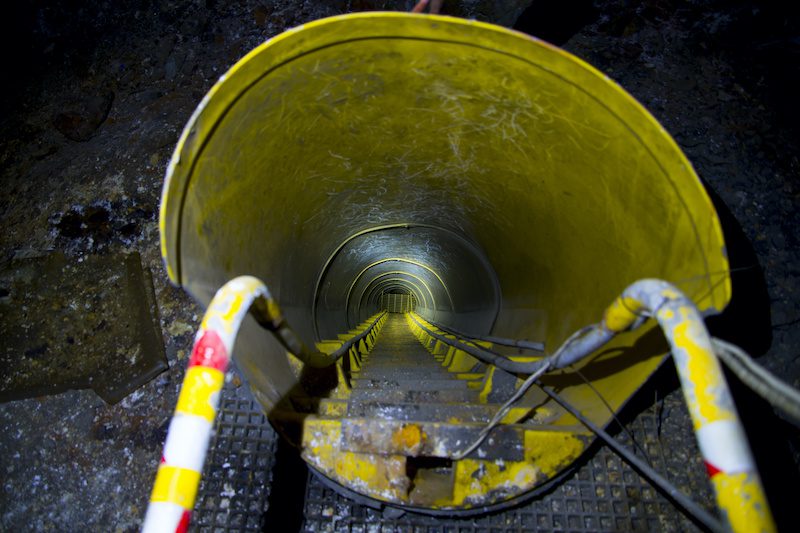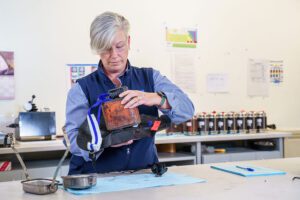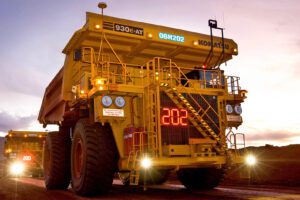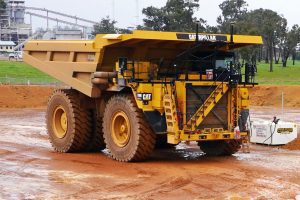A team of USA based researchers from the Missouri University of Science and Technology are developing a holistic approach to self escape in underground mines through advanced technology collaboration.
The researchers are hoping to empower miners to self-escape during fire and explosion emergencies, mainly through expanded communication network technology.
Dr. Samuel Frimpong, the Robert H. Quenon Endowed Chair and professor in mining engineering and interim chair of computer science at Missouri S&T, is leading a collaborative and multi-disciplinary effort among mining, explosives and mechanical engineering, computer science, and psychology faculty to improve future safety of miners.
Through expanded communications networks, the facilitation of miner self-escape and improvements in designing refuge alternatives, the team is developing a holistic solution to advance workplace safety and health in underground operations.
“This initiative will evaluate the resilience of the delay-tolerant network technology for communication during self-escape,” says Frimpong.
“It will also evaluate human factors that facilitate miner self-escape, improve our understanding of how fire and smoke evolve underground, and critical egress mechanisms for built-in-place refuge alternatives when subjected to explosions.”
Dr. Samuel Frimpong, Missouri University of Science and Technology
A delay-tolerant network or DTN is a communications network designed to operate over long distances such as those encountered in space or in this case, deep underground.
The researchers plan to use DTN and develop a small-scale deployment of an integrated underground mine fire emergency and safety optimization system. These early practical tests will validate the team’s research solutions and lead to better miner safety.
“The proposed work emphasizes core areas from the 2006 Mine Improvement and New Emergency Response (MINER) Act from the Mine Safety and Health Administration,” says Frimpong. “The research initiative will provide expanded capacity to address these safety and health challenges in underground mining operations.”
The results from the research will also be used to develop new professional courses for industry and the public.
New professional and academic training courses created along with this work will include courses that improve knowledge, skills and abilities necessary for miner self-escape using the study results – skills like communications, navigation and refuge alternative operations.
Frimpong and his team are collaborating with Arch Coal, Peabody Energy and Prairie State Generating Company to use the research results as a basis for developing new technologies.
The research project is funded by the Centers for Disease Control and Prevention, and the US-based National Institute for Occupational Safety and Health (NIOSH).
Read more Mining Safety News














Add Comment